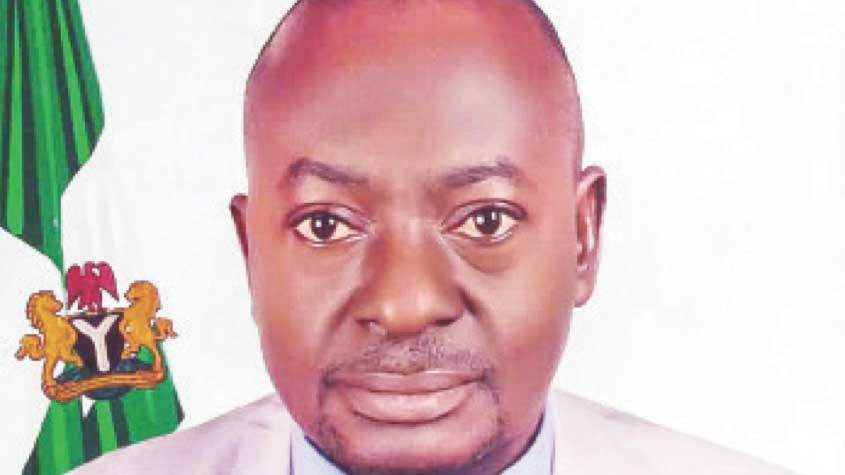The Federal Government says it is eager to see the Digital Economy and e-Governance Bill signed into law this week, describing it as a landmark reform that will redefine Nigeria’s digital future and accelerate economic growth.
Minister of Communications, Innovation and Digital Economy, Dr. Bosun Tijani, disclosed this while addressing stakeholders in Abuja, expressing optimism that President Bola Ahmed Tinubu would assent to the Bill before the end of the week.
Tijani, who spoke at a one-day public hearing on the Bill, indicated that it represents one of the most significant policy milestones of the administration, providing a robust framework for data governance, digital infrastructure expansion, and the responsible use of emerging technologies such as Artificial Intelligence (AI).
“I look forward to celebrating this Bill at the end of the week once it is signed by Mr. President,” the minister said. “It is a testament to the leadership, collaboration, and shared commitment of everyone involved in shaping the digital future of our nation.”
He commended the National Assembly for what he described as “stellar and selfless” work in reviewing and strengthening the Bill, adding that the legislative diligence reflected true national service and a collective desire to secure Nigeria’s place as Africa’s digital leader.
Tijani noted that the Bill aligns with the Federal Government’s broader vision of building a $1 trillion economy by 2027, with the digital economy expected to contribute at least 21 per cent to the nation’s GDP.
He explained that the government has chosen the path of deep, structural investment rather than short-term interventions, focusing on infrastructure and innovation that will deliver sustainable impact.
Among key initiatives, the minister highlighted the deployment of 90,000 kilometres of fibre-optic network across the country, ensuring that every state, local government, and ward is connected to high-speed internet. He also disclosed plans for the installation of nearly 4,000 new communication towers to reach over 20 million Nigerians who currently lack internet access.
“This Bill will unlock opportunities for the private sector to expand and innovate, while also deepening digital inclusion for millions of Nigerians,” Tijani said.
He added that the proposed legislation would also establish a National Data Exchange System to enhance seamless data sharing among Ministries, Departments, and Agencies (MDAs) and between government and the private sector.
“When this Bill becomes law, it will not only strengthen governance and transparency but also improve productivity, efficiency, and competitiveness across key sectors,” the minister noted.
Tijani described the Bill as the first of its kind on the African continent, saying it symbolises Nigeria’s readiness to lead in innovation, digital governance, and inclusive growth.
“When Nigeria rises, Africa rises. This Bill demonstrates the kind of leadership and partnership between the Executive, Legislature, and private sector that will deliver the future our country deserves,” he said.






